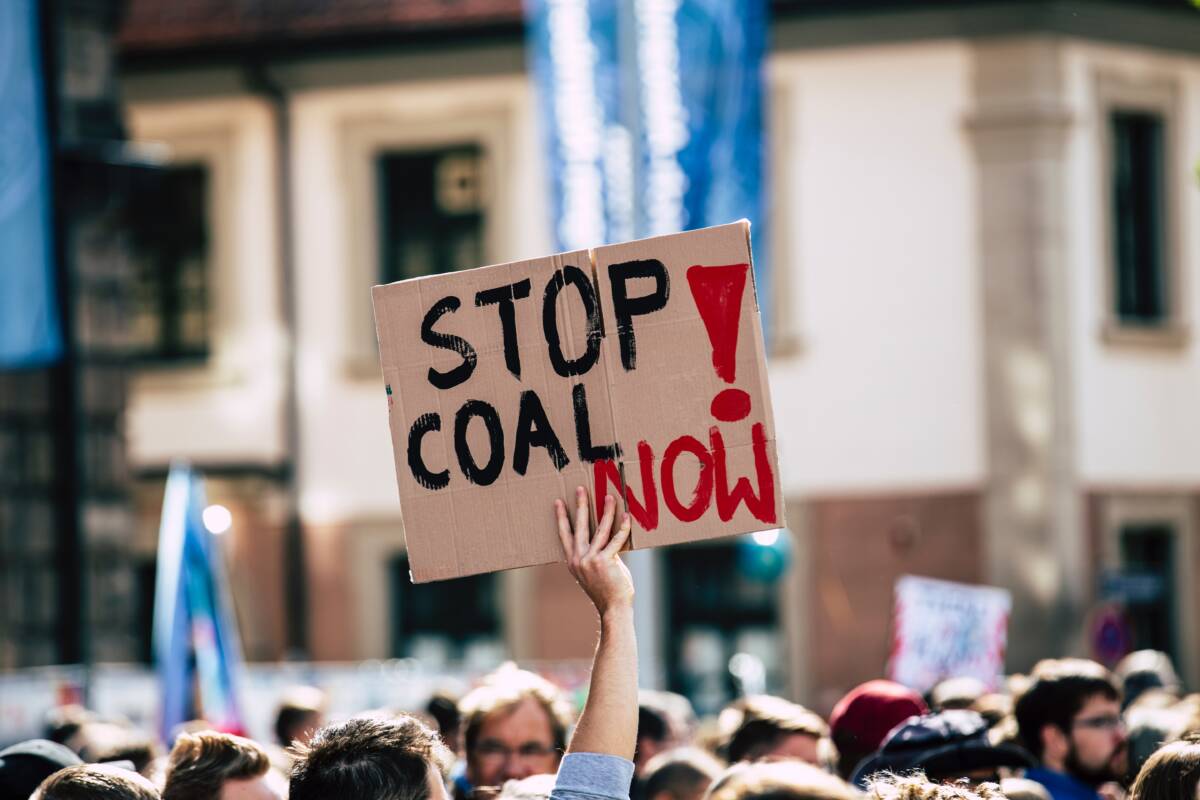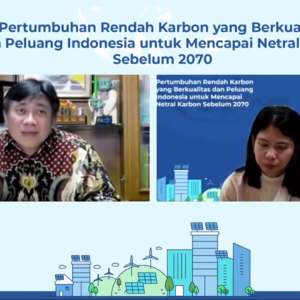Jakarta, 5 June 2023 – Youth advocacy is one of the most effective ways to promote change. Moreover, the issues must be close to heart and interesting to follow to raise awareness among youth. For instance, we can connect the topic with their passion. This is carried out by the Kpop 4 Planet youth community, which strives to fight the climate crisis by connecting it with Korean pop music (K-Pop). Departing from this common goal, the Institute Essential Services Reform (IESR) invited Kpop 4 Planet to have a casual chat on Twitter Space about coal-fired power plants (CFPPs) on Monday (5/6/2023).
Nurul Sarifah, a Kpop4Planet activist and campaign coordinator in Jakarta, and her colleague in South Korea have shared the same interest that led them to create a platform for K-pop lovers who care about the environment. Nurul explained, just like other music fans, Kpop fans are also expressive in showing their passion. So, this movement is not limited to Kpop fans. She also stated that youth has to develop awareness, especially with the real climate change impacts caused by CFPPs.
“In the year I was born, the carbon dioxide count reached 368 ppm, while now it has reached 416 ppm. It is sad to imagine that for the rest of our lives we have to experience bad air quality, and it will even get worse if we continue to use new CFPPs or we never transition to renewables” explained Nurul.
In the future, Kpop4Planet hopes that one of the South Korean car brands no longer plans to build a new CFPP with 1.1 GW capacity to mine aluminum while waiting for the new hydroelectric power plant to be used in 2029. If this demand is not met, the brand is potentially greenwashing to their consumers.
On the other hand, regarding the urgency of retiring the CFPPs, Dr. Raditya Wiranegara, IESR senior researcher, mentioned that the global temperature increase has now reached 1.1℃ from the threshold of 1.5℃ which could be the disaster. The emission reductions of around 19-27 gigatonnes must comply with the commitment to keep the temperature below 1.5℃. This reduction can be started by reducing our dependence on fossil fuels. This choice certainly has an economic impact. For example, employment and the costs required to transfer workers to new jobs will be affected. Meanwhile, the biggest challenge lies in the need for significant funding.
“The termination of CFPP operations can follow a schedule compatible with the IPCC road map. In the first stage, we need to retire 9.2 GW capacities of CFPP, followed by 21 GW of CFPP in the next period, so in 2045 we can retire 12 GW. In addition, it is also necessary to think about the generator that will replace it and the construction process so that it continues to meet energy needs. The key is in planning,” said Raditya.
At the end of the discussion, Raditya and Nurul believed in the ability of youth to change the future. Raditya emphasized the need for the younger generation to maintain enthusiasm and hone their skills to prepare themselves to welcome the clean energy era. Meanwhile, Nurul said that the younger generation could look for climate movements that suit their interests because doing what we care about and love will be a potent combo in the fight against climate change. Both hope that the government can immediately draw up a roadmap for retiring the CFPP and that youth voices will also be heard in their desire for a more livable earth.
Photo by Markus Spiske on Unsplash



